Resolving Kernel32.dll Errors: Ensuring Stable Computer Operation
The kernel32.dll error is a relatively common issue that frequently occurs for users of Windows operating systems. Without experience, you might find yourself struggling to resolve this error. This article will help you understand the causes of the kernel32.dll error and provide quick solutions to fix it.
What is the Kernel32.dll Error?
The kernel32.dll file is a crucial system file in the Windows operating system. Errors related to this file can lead to serious issues for your system.
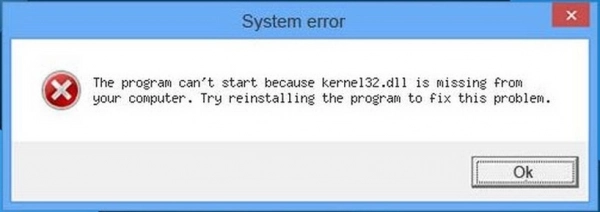
Symptoms of kernel32.dll errors may include:
- Blue Screen of Death (BSOD): The screen turns blue with a kernel32.dll error message. You can refer to our article on how to fix the BSOD for more information on this error.
- Applications fail to open or close immediately after launching.
- Significant drop in system performance compared to when it was new.
- Error messages appear when attempting to open specific files or programs.
The causes of kernel32.dll errors are diverse and may include the following:
- Software conflicts: Some applications may conflict with the kernel32.dll file, especially if they use the same system resources but are not compatible with each other.
- Incorrect system installation: Interruptions or incomplete installations during system setup or Windows updates can also cause kernel32.dll errors.
- System attack: Malware can corrupt or alter the kernel32.dll file to cause errors or take control of the system.
- Hardware failure: Issues with computer hardware (such as a faulty hard drive with bad sectors) can also lead to kernel32.dll errors.
To fix the kernel32.dll error, you may need to perform several actions, such as checking and repairing the system, updating software, scanning for and removing malware, or even reinstalling the operating system. If you are unsure or not confident in handling the issue, consider seeking advice or help from IT professionals or experienced technicians.
Steps to Fix Kernel32.dll Errors
Step 1: Download a new kernel32.dll file.
Access the provided link to download the necessary kernel32.dll file to your computer.
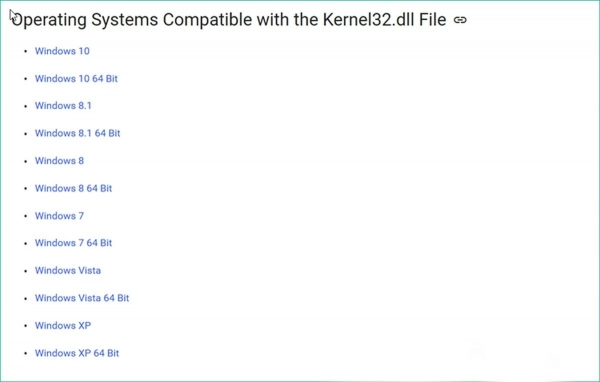
Note: Ensure you download the correct kernel32.dll file that matches your Windows version, whether it’s 32-bit or 64-bit.
Step 2: Extract the file.
After downloading, you will receive a compressed file (.zip). Extract it to obtain the kernel32.dll file, which is approximately 1MB in size.
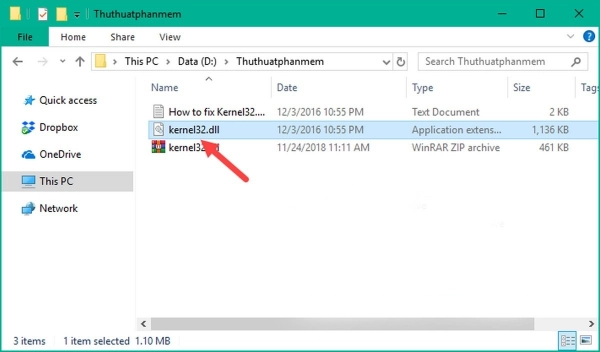
Step 3: Copy the file to the appropriate directories.
For a 32-bit Windows operating system: Copy the file to "C:\Windows\System32".
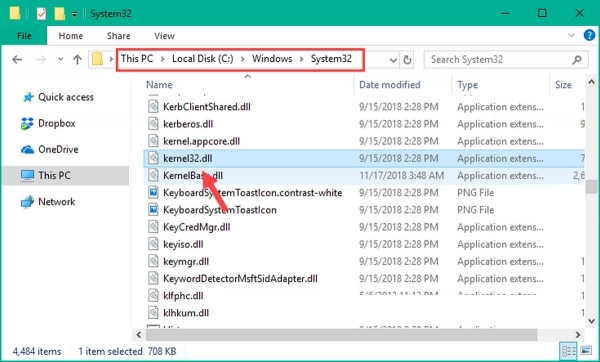
For a 64-bit Windows operating system: Copy the file to both "C:\Windows\System32" and "C:\Windows\SysWOW64".
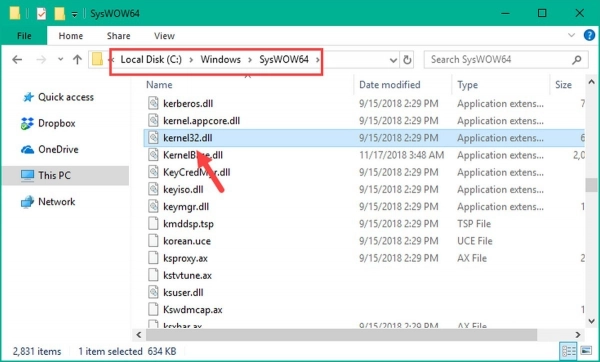
Step 4: Open the Command Prompt as an administrator.
Type `CMD` in the search box, right-click on the Command Prompt result, and select "Run as administrator".
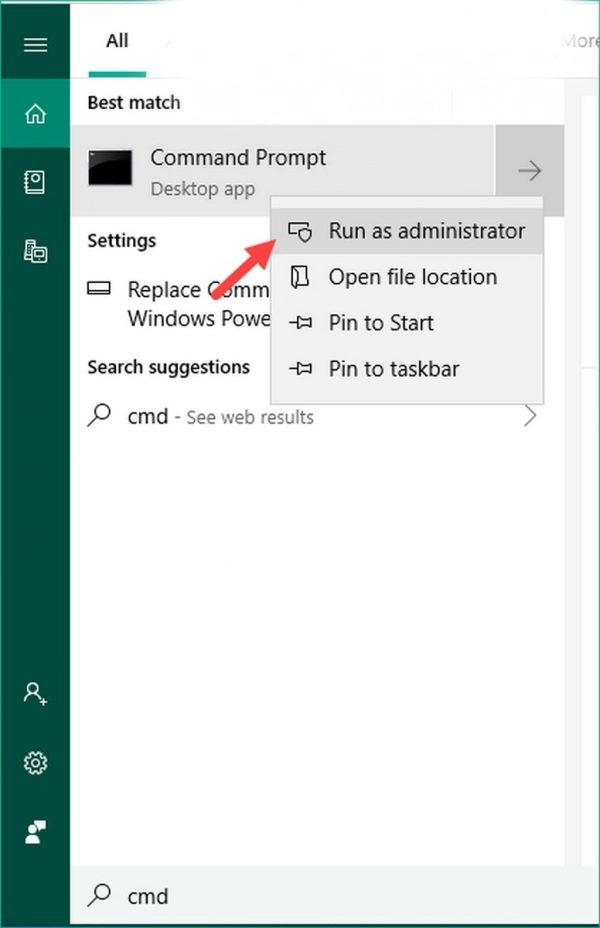
Step 5: Remove the corrupted registry entry.
In the Command Prompt, copy and paste the following command:
%windir%\System32\regsvr32.exe /u Kernel32.dll
For 64-bit Windows, run an additional command:
%windir%\SysWoW64\regsvr32.exe /u Kernel32.dll
Step 6: Re-register the new kernel32.dll file.
In the Command Prompt, enter the following command:
%windir%\System32\regsvr32.exe /i Kernel32.dll
For 64-bit Windows, enter the following additional command:
%windir%\SysWoW64\regsvr32.exe /i Kernel32.dll
Step 7: Restart your computer.
Check if the kernel32.dll error still persists after rebooting.
Important Considerations When Fixing Kernel32.dll Errors
- Backup your data: Before attempting any fixes, make sure to back up all important data on your computer to prevent data loss during the repair process.
- Check and repair the system: Some kernel32.dll issues may stem from system or hard drive errors. Use tools like "Sfc /scannow" in Command Prompt to check and repair corrupted system files.
- Update your operating system: Ensure that your Windows OS and all security patches are up to date. These updates can provide fixes for issues related to the kernel32.dll file.
- Check for application conflicts: Some applications may conflict with the kernel32.dll file. Verify if the issue arises after installing a specific application, and try uninstalling or updating it if necessary.
- Use external system repair tools: Tools like System File Checker (SFC) and Deployment Image Servicing and Management (DISM) can help check and repair corrupted system files.
- Consider reinstalling the operating system: If all else fails, reinstalling the OS may help eliminate software or system issues causing problems with the kernel32.dll file.
If the problem persists after trying all these measures, consider reaching out to an experienced IT professional or technician for specific assistance.
Kernel32.dll errors can occur at any time—during Windows startup, when opening a program, while a program is running, or even after closing it. The kernel32.dll file can become corrupted for various reasons, including failed program installations, hard drive errors (such as bad sectors), or malware attacks. To resolve the kernel32.dll error, you need to clear the corrupted registry information, download a complete kernel32.dll file, and re-register it following the steps outlined in this article.
Submit feedback
Your email address will not be made public. Fields marked are required *
Search
Trend
-
What is Black Myth: Wukong? Detailed Guide on System Requirements and Gameplay
08-21-2024 . 1k view
-
The simplest and fastest way to log into the Chinese TikTok, Douyin.
01-10-2022 . 1k view
-
Blog sites that will accept AI generated content
07-26-2024 . 1k view
-
Call of Duty: Black Ops 6 - Intense, Mysterious, and Surprising Warfare
09-02-2024 . 1k view
-
The "End of Life" for Windows 10: A Massive E-Waste Threat and Sustainable Solutions
08-18-2024 . 943 view






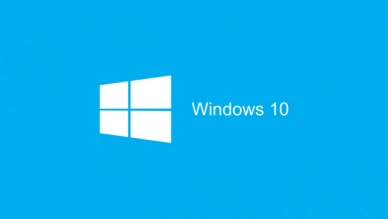
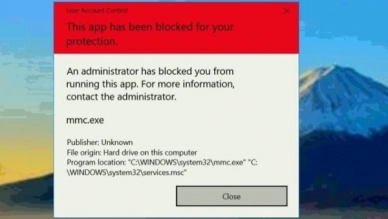
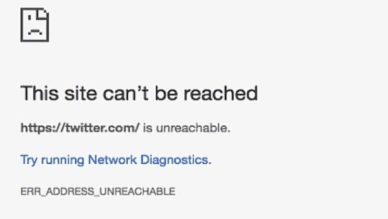
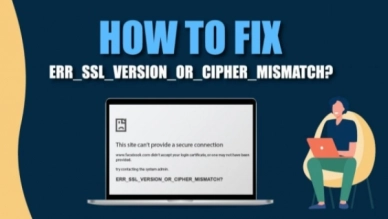
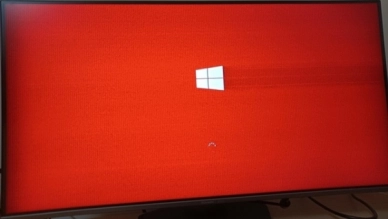
0 feedback